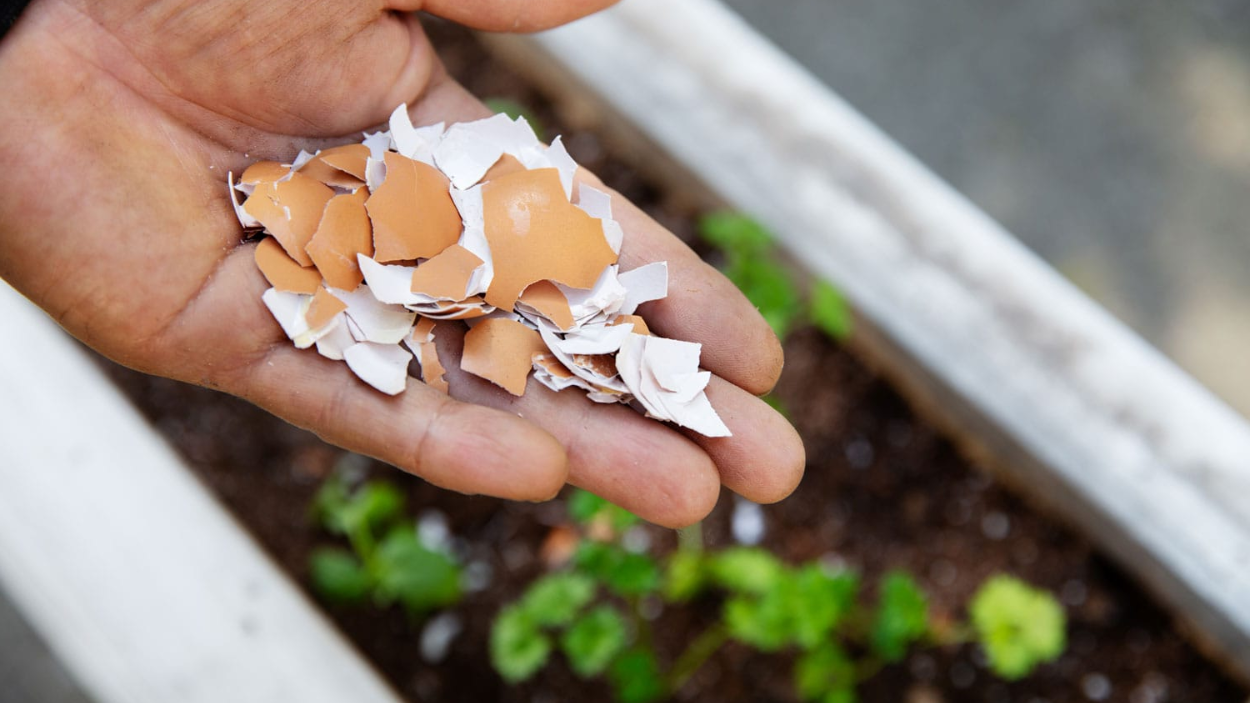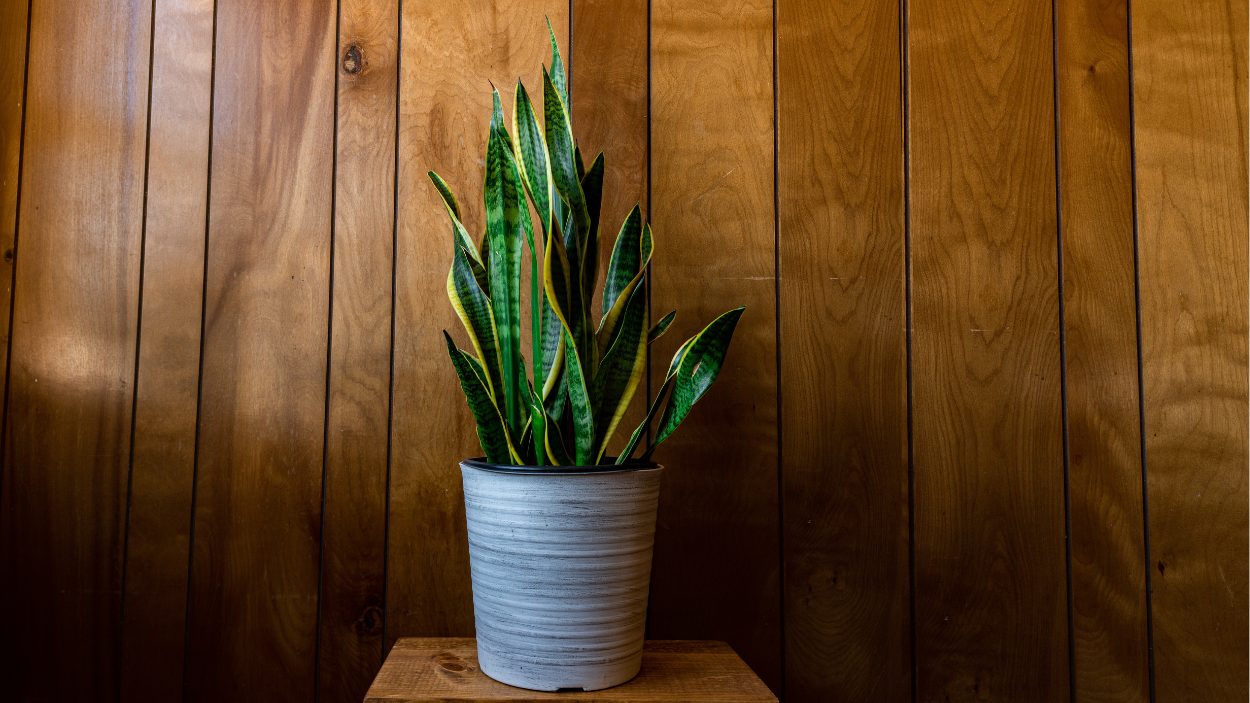Eggshells may be a useful asset in the garden, delivering a variety of advantages to your plants and soil. Their high calcium content is one of their main advantages, as it may assist avoid calcium shortage in plants and promote vigorous cell growth. Crushed eggshells can be added to compost to improve its nutritional makeup and contribute to overall soil fertility. Eggshell tea, which is created by steeping crushed eggshells in water, may also be used as a natural fertilizer to deliver calcium to plants and enhance their general health. Eggshells also serve as a natural repellent for pests such as slugs and snails, forming a protective barrier around sensitive plants. You may get the advantages of eggshells by including them into your gardening practice.
The Incredible Benefits of Using Eggshells
Eggshells are often overlooked but can be a game-changer in your garden. They provide an array of benefits, such as supplying a rich source of calcium to prevent deficiency in plants and promote cell development. Crushing eggshells and adding them to compost enriches the nutrient content and fertility of the soil. Creating eggshell tea, a calcium-rich fertilizer, nurtures plants and enhances their overall health. Moreover, eggshells act as a natural deterrent to pests like slugs and snails, safeguarding your precious plants. Embrace the power of eggshells and unlock their hidden potential to cultivate a vibrant, flourishing garden ecosystem.
1. Calcium Source
Eggshells are rich in calcium, which is essential for plant growth and development. Adding crushed eggshells to the soil provides a natural and readily available source of calcium, helping to prevent calcium deficiency in plants and promoting healthy cell formation.
2. Soil Amendment
Crushed eggshells can be incorporated into compost or directly added to the soil as an amendment. The calcium in the eggshells helps balance soil pH and improves soil structure, leading to better nutrient availability and enhanced plant growth.
3. Increased Nutrient Absorption
Other vital elements found in eggshells include magnesium, potassium, and phosphorus. These nutrients are progressively released as they break down in the soil, enriching the soil and giving additional sustenance for plants.
4. Pest Repellant
Slugs, snails, and cutworms are naturally repelled by the sharp edges of crushed eggshells. Using broken eggshells to create a barrier around sensitive plants can help protect them from these pests without using dangerous pesticides.
5. Planting Starter
By filling the hollowed-out halves with potting soil and sowing seeds, eggshells may be utilized as seedling starters. The eggshell containers may be put straight in the ground once the seedlings are ready for transplanting.
6. Composting Aid
Composting using crushed eggshells helps to balance the carbon-to-nitrogen ratio and aids in decomposition. Eggshell calcium can also aid in reducing acidity in acidic compost, providing a more balanced pH for effective composting.
Tips To Use Eggshells Effectively For Your Garden
Tip 1. Collect and clean eggshells: Save your eggshells instead of throwing them away. Rinse them thoroughly to remove any residue and allow them to dry. Crushing them into smaller pieces will make them easier to work with.
Tip 2. Use crushed eggshells as soil amendment: Incorporate crushed eggshells directly into the soil to enrich it with calcium and other essential minerals. Work the crushed shells into the top few inches of soil in planting holes or sprinkle them around existing plants.
Tip 3. Create eggshell tea fertilizer: Make a nutrient-rich fertilizer by steeping crushed eggshells in water for several days. This will extract calcium and other minerals from the shells. Strain the mixture and use the resulting eggshell tea to water your plants or as a foliar spray.
Tip 4. Use eggshells as compost additives: Add crushed eggshells to your compost pile to enhance its nutrient content and improve decomposition. The calcium from the shells will benefit the compost and eventually enrich the soil when the compost is applied.
Tip 5. Deter pests with crushed eggshells: Create a protective barrier around plants vulnerable to slug, snail, or cutworm damage by sprinkling crushed eggshells around them. The sharp edges act as a deterrent, preventing these pests from crossing the barrier.
Frequently Asked Questions
- Q: How long does it take for crushed eggshells to break down in the soil?
A: Eggshells are slow to break down in the soil and can take several months or longer to decompose fully. The breakdown process is influenced by factors such as soil conditions, moisture, temperature, and microbial activity.
- Q: Is it necessary to sterilize eggshells before using them in the garden?
A: It is not necessary to sterilize eggshells before using them in the garden. Cleaning them thoroughly by rinsing and drying is usually sufficient. The natural decomposition process in the soil will further aid in breaking down any remaining organic matter.
- Q: Are there any plants that particularly benefit from the use of eggshells?
A: Plants that benefit from extra calcium, such as tomatoes, peppers, and eggplants, are especially responsive to the addition of crushed eggshells. However, the calcium and other nutrients in eggshells can benefit a wide range of plants.
- Q: Can I use eggshells as a substitute for other types of fertilizers?
A: While eggshells provide calcium and other trace minerals, they may not provide a balanced range of nutrients in the same way as commercial fertilizers. It's best to view eggshells as a supplementary nutrient source rather than a complete fertilizer replacement.
- Q: Can I add too many eggshells to my garden?
A: It is possible to add too many eggshells to your garden, especially if they are not properly crushed. Large pieces of eggshells may take longer to break down and can potentially create a physical barrier that affects water penetration or root growth. Moderation and proper preparation are key.
Final Thought
Incorporating eggshells into your garden can bring numerous benefits, from providing essential nutrients to deterring pests and improving soil structure. By utilizing eggshells effectively, you can enhance plant health, foster robust growth, and create a more sustainable and thriving garden environment. Whether you choose to crush them for soil amendment, create eggshell tea for fertilization, repurpose them as seedling starters, or utilize them as a natural pest deterrent, eggshells offer a cost-effective and eco-friendly way to support your gardening endeavors. Embrace the potential of eggshells and watch your garden flourish with the power of this humble yet valuable resource.




